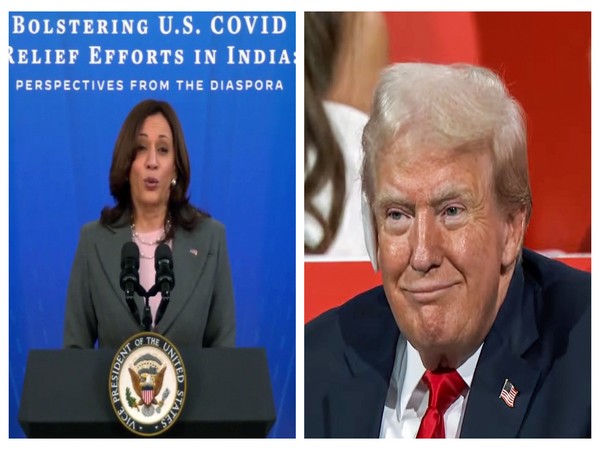How Upcoming US Election Could Reshape H-1B Visa Policies
The JM Financial report highlights the potential impact of the US Presidential election on H-1B visas. A Trump victory may lead to renewed restrictive policies, while IT firms have reduced reliance on these visas. Bipartisan reforms could influence future high-skilled immigration.

- Country:
- India
The impending US Presidential election is poised to have profound consequences for employment-based immigration, particularly the H-1B visa program, according to a report by JM Financial.
The report emphasizes that a Trump victory could usher in the return of restrictive immigration policies, echoing his previous administration's stance, which significantly increased visa denial rates.
During Trump's first term, denial rates for H-1B visas skyrocketed from 4% to 17%, while L-1 visa denials surged from 12% to 28%. This could again impact IT firms reliant on these visas.
However, many IT companies have adapted by decreasing their dependency on H-1B visas, reducing the potential impact of such policies. This shift has been driven by efforts to localize their workforce within the US.
While Trump's administration previously tried to implement wage hikes for H-1B holders, blocked in court, these could resurface. Current analyses suggest H-1B wages are already significantly above prevailing wages.
The report suggests limited impact on Indian IT firms from a potential Trump presidency. Conversely, a Harris presidency could maintain the status quo. Additionally, bipartisan immigration reforms may influence high-skilled immigration's future in the US.
(With inputs from agencies.)










